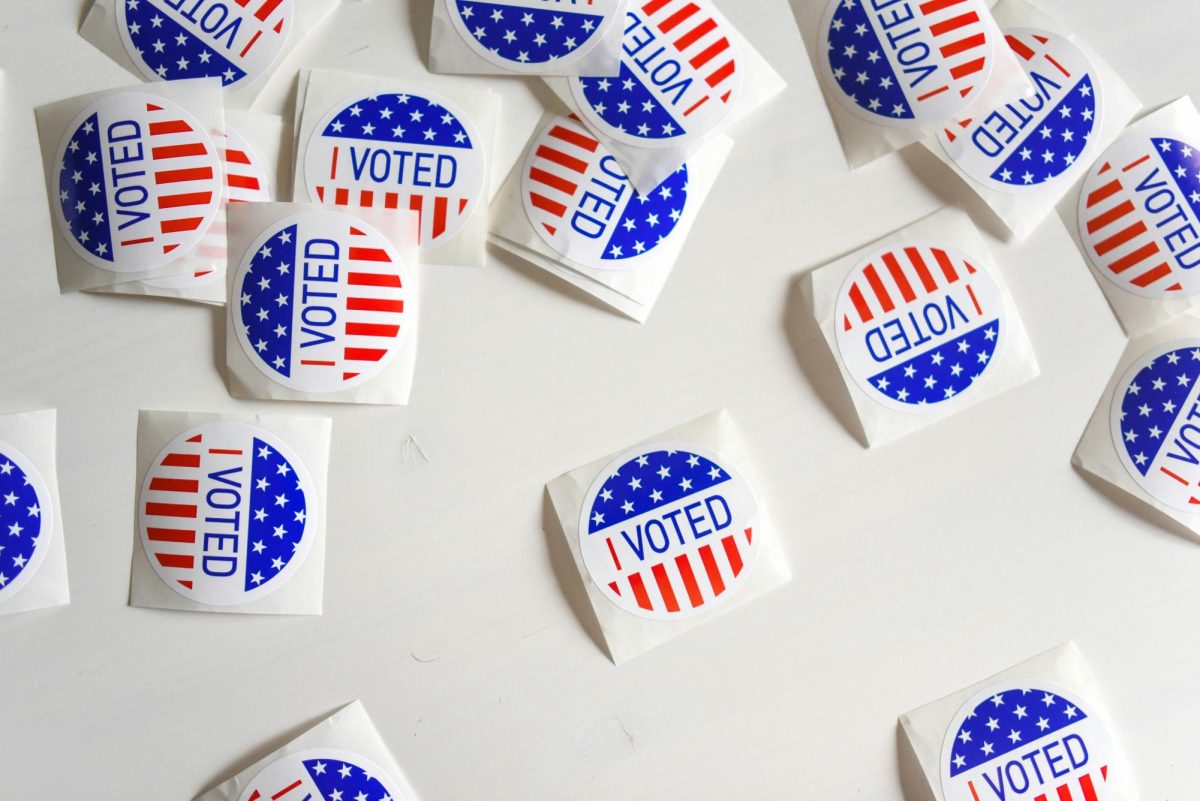Presidential
This week has been one of the quietest so far in terms of election news. While events such as Israel’s invasion of Lebanon and Hurricane Helene have certainly rocked the world and the United States, the polls have barely budged. In fact, the relative normalcy of this week gives us a clearer picture of where the fundamentals of race stand. This week, Kamala Harris has maintained a three-point lead over Donald Trump in most national polling averages, while she leads by about one point in the states she needs to win the Electoral College.
One of the most revealing polls this week was a New York Times/Siena College poll on October 8 of Texas, Florida and the entire nation. This respected poll put Harris up four points nationwide—the first Harris lead posted by this pollster so far—and showed that voters were more likely to view Harris as the candidate who “represents change” despite her being the incumbent Vice President. The desire for change is a powerful force in American politics, and it bodes well for the Harris camp if voters see her as the agent of change. Harris also took the lead, by varying margins, on who voters thought was more “honest and trustworthy” or “fun”.
However, the Times/Siena poll in Florida told a very different story. In a state Donald Trump won by three points in 2020, the poll gives him a 13-point lead over Harris, who barely breaks the 40% threshold. While this is far off from Trump’s four-point Florida lead in most polling averages, this shift still suggests that Florida is permanently leaving the roster of must-win battleground states. In fact, Florida was one of only a handful of states that shifted towards Trump from the 2016 to 2020 elections.
One factor which may affect the polls slightly in the next week or two is Harris’s so-called “media blitz”, involving appearances on CBS’s “60 Minutes” and the “The Late Show with Stephen Colbert”, among others. While these interviews are unlikely to sway a large number of voters, they could help compound Harris’s advantage in the national popular vote.
Senate
Democrats (and Democrat-affiliated independents) currently control 51 out of 100 seats in the United States Senate, where one-third of all seats are elected every two years. With the retirement of Senator Joe Manchin, Democrats are all but certain to lose his West Virginia seat this year. That means Democrats must defend two incumbents representing states won by Trump in 2020—Sherrod Brown in Ohio and Jon Tester in Montana. While Brown maintains a narrow lead, Tester seems to be falling further behind his Republican challenger, aerospace executive Tim Sheehy, in recent polling. Unfortunately for Democrats, they have few opportunities to “expand the map” and gain a seat to compensate for a Montana disappointment. No Republican senators this year are defending in states won by Biden in 2020. The best opportunities for Senate Democrats are in Texas and Florida, two states narrowly won by Trump in 2020 and where Democrats have drafted strong challengers against controversial Republican incumbents.
On September 26, the Democratic Senatorial Campaign Committee, an organization supporting Senate Democrats, announced a “multi-million dollar investment” in TV ads in the two states. In Texas, Representative Colin Allred (D), a former linebacker for the Dallas Cowboys, is likely to use the money towards his well-developed strategy of attacking Senator Ted Cruz (R), over Texas’s abortion ban and his vacation to Cancun in the middle of a Houston blizzard. However, Texas Democrats are mindful that Cruz is a strong campaigner who managed to defeat another well-funded Democratic challenger, Beto O’Rourke, in 2018. In Florida, former Representative Debbie-Mucarsel Powell (D) is hoping to use Florida’s referendum on abortion to her advantage. She is looking to unseat Senator Rick Scott (R), who won a narrow victory of about 10,000 votes in 2018 over incumbent Democratic Senator Bill Nelson. Nelson is now the Administrator of NASA.
Gubernatorial
The race for North Carolina Governor was once seen as one of the most competitive in the country, but it has swung sharply towards the Democrats in recent years. This is due to an investigation by CNN which alleges that the Republican nominee, Lieutenant Governor Mark Robinson, made a series of inappropriate comments on an adult entertainment site in the early 2010s. Since the allegations were made, the Democratic nominee, Attorney General Josh Stein, has more than doubled his polling advantage to about fifteen points.






